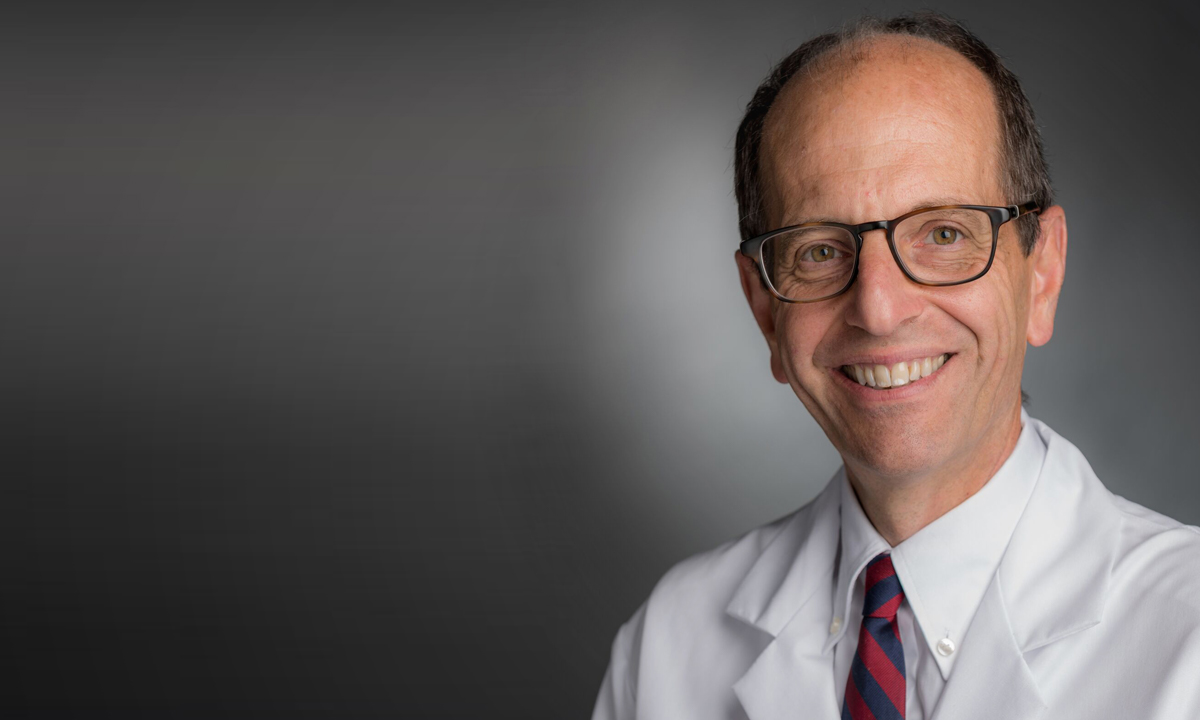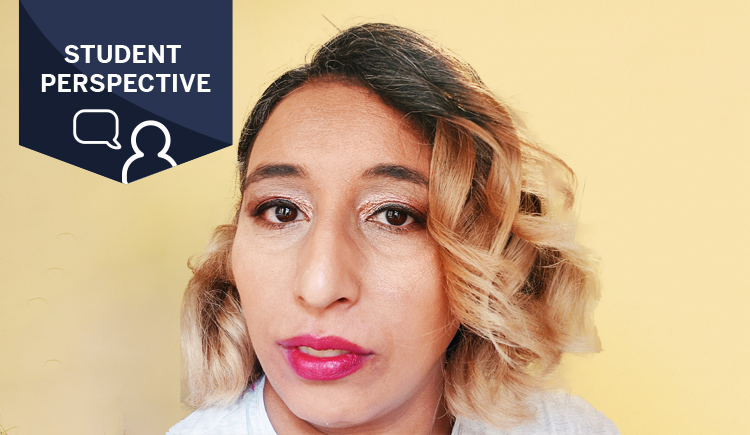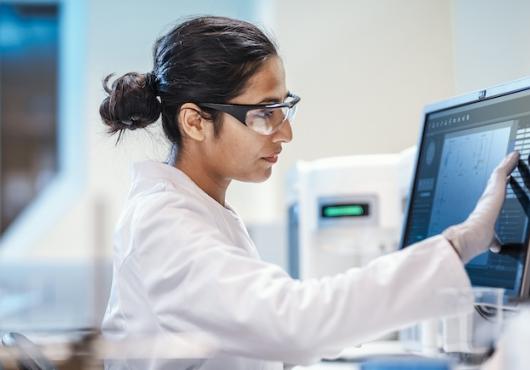
Q&A with Dr. George Demetri, High-Impact Cancer Research program co-director
Dr. George Demetri, co-director of the Harvard Ludwig Center, HMS professor of medicine at Dana-Farber Cancer Institute and a co-director of HMS High-Impact Cancer Research, answers popular questions about the program.
What is the benefit of taking this course for a practicing physician?
Dr. Demetri: Well, I think some of that answer lies in what the physician wants to do with his or her life. Many of our course participants are academic physicians, who are actively engaged in designing and executing clinical research programs. As a practicing physician who was trained in the laboratory, I envision the High-Impact Cancer Research course as adding to that kind of repertoire for an individual.
We hope to have practicing physicians understand in a much more detailed way, the basic science of cancer so that he or she could then either participate in clinical trials more effectively, design them him or herself, or possibly even seek out other career opportunities depending on where they are in the world. In many parts of the world, physicians don’t have the infrastructure to do clinical research. Using my colleagues in Eastern Europe for example, they wind up doing an awful lot themselves, because they don’t have a team of 20 people to help them.
My hope is that by participating in a course like High-Impact Cancer Research, a practicing physician might be able to be more effective in how they participate in clinical trials.
What about a pure PhD, someone who has no training in caring for patients?
Well, that’s perfectly fine because we also have targeted this course at a very basic science level. We expect to have pure PhDs who are interested in the science and pure MDs who really might not have that deep a science background. But meeting in the middle is the magic of translational medicine. I think it’s that middle ground we’re targeting with this course.
Let's say, I only have a master’s degree but I am deeply passionate about cancer and want to learn more. Should I apply? Am I competitive?
Absolutely yes! We’re looking for people who are totally dedicated to the cancer field and we expect that an outstanding Master’s-prepared person in science or medicine should have the ability to manage this material. Though it might be difficult.
Many of our participants might have had a postdoc education or many years of research experience, so our coursework may be something that an individual has to catch up with, but I honestly feel that it is doable.
As to whether you would be competitive in terms of being accepted to the course, in many ways that would depend upon the letters of recommendation. We’re putting a lot of weight on the letters of recommendation for even Master’s-prepared people to say ‘Yes, I know this person. He or she is outstanding, very dedicated and a self starter.’
Is this program helpful for someone who is a postdoctoral fellow pursuing research in cancer biology?
Of course! We fully expect that postdoctoral fellows are also going to be at several different levels, as many post-doctoral fellowship programs wind-up becoming very narrow in focus, very quickly.
I created a course with the American Association of Cancer Research, called ‘Translational Cancer Research for the Basic Scientist’ that also has a global perspective. And in many ways what we learned from that course we’re now integrating into this Harvard course.
The AACR course taught me that many postdoctoral fellows are very, very good in a very narrow area of cancer biology and that bringing them into a course like this, which exposes people to a much broader view of cancer research, is extraordinarily helpful as it gives you a very different perspective. Again, I’m careful because most PhDs and postdocs need to be the experts in a very narrow field to get into key publications that are important for getting the right jobs. But I do think that getting a broader perspective is really important to doing the most important science discovery you possibly can. And that’s very much true in cancer biology.
What would HMS like to come out of this program? And what is going to be the measure of success?
We certainly want to train people from countries around the world and then we want to track their careers going forward. Again, let me give you just my perspective. Our metrics of success are actually following people and their career development over a few years after the course and then long term follow-up to see if people were able to use what we communicated in the course on translational cancer research in their career development.
Was it helpful? Can they point to it as a turning point in any way for their career? I would say that’s exactly what we want to see with this course.
The graduates of the High-Impact Cancer Research program will be part of the Global alumni network. That offers us the ability to say in touch with you and you with us. That allows us to see the impact of this course, how it helps people advance their career, advance their work, advance the work of their countries. And I think that to me is what we want to do. We want to help the world get better cancer researchers, better cancer clinical and basic investigators and better cancer physicians.
Given the fact that cancer medicines are so targeted and so science based -- it’s not the old days of the 1970s where were just giving chemotherapy to everybody in a shall we say ‘trial and error strategy’ -- now it’s much smarter. The aim of this course is to help every part of the world develop quickly and disseminate quickly the best knowledge and the best technology in the cancer field. That would be our measure of success.
Written by Chike Lawrence-Mitchell


